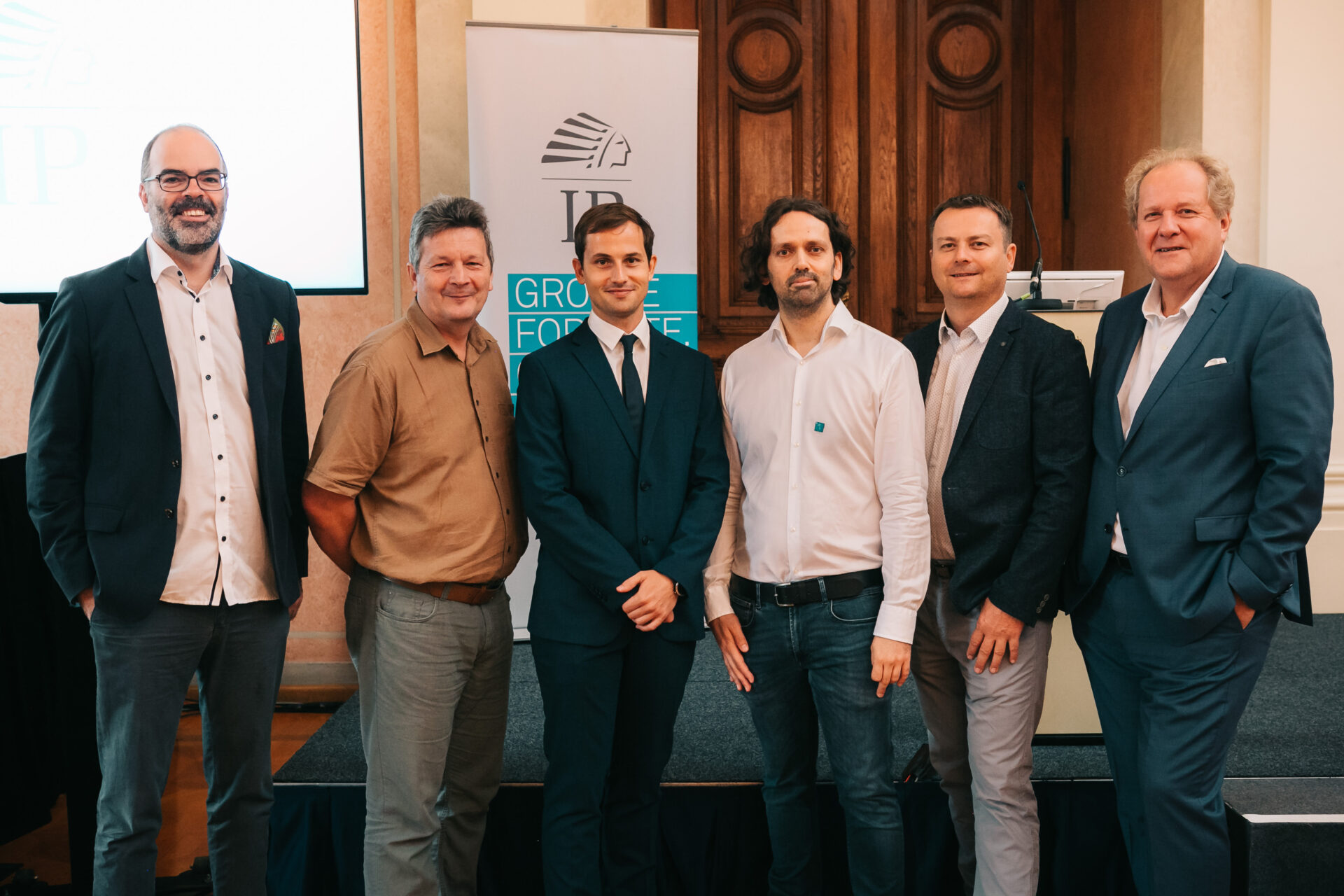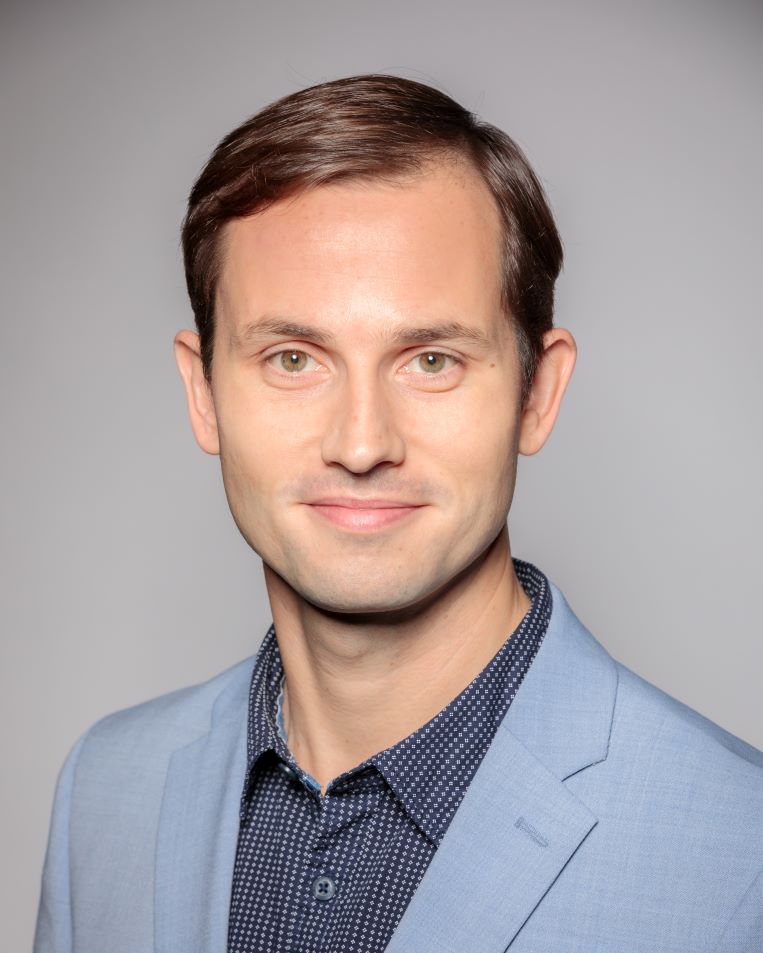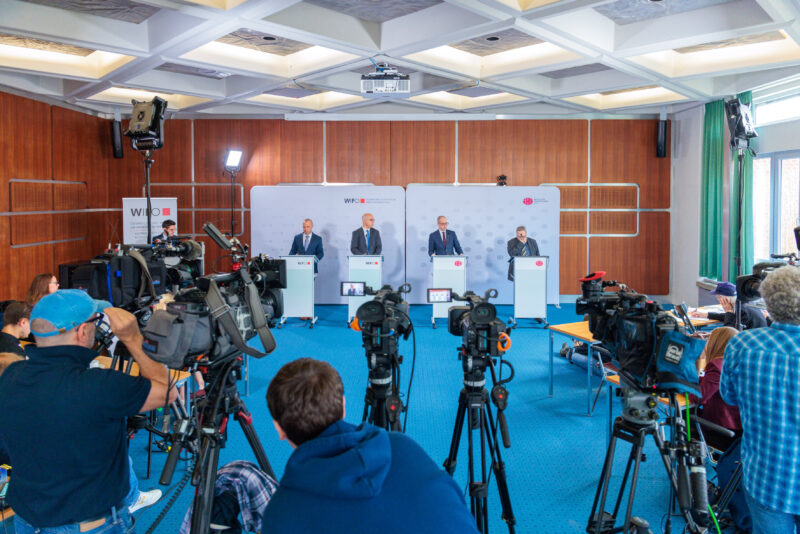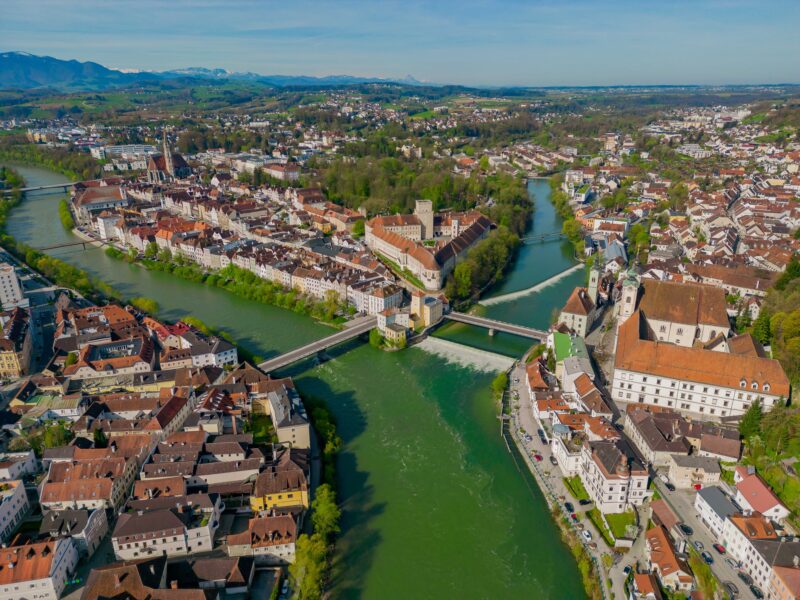
What Economic Forecasts are Capable of
In the new event series, the TV marketer IP addresses topics related to business, science and finance in connection with the TV industry. In the first n-tv business session, the audience took a look into the future and devoted one morning to the topic of forecasts. Experts from various fields gave exciting insights into their work with data and forecasts, among them Stefan Schiman (WIFO), Manfred Dorninger (University of Vienna, Institute for Meteorology and Geophysics), Markus Hartl (TMC The Media Consultants) and Christian Sattler (IP Austria).
Schiman made the connection to the medium TV in his lecture by presenting a positive correlation between a growing gross domestic product and TV usage in Austria. The higher the GDP growth in the second half of a year, the higher the TV usage in January of the following year. On the other hand, the commonly assumed positive correlation between TV consumption and unemployment turns out to be a false correlation resulting from the same seasonal pattern of the two variables (high in winter, low in summer).
"For the n-tv business sessions, it is particularly important to us that the topics match the DNA of n-tv. With this new symposium, we want to create another platform where we consciously look beyond our own horizons and thus offer our customers and partners added value for their daily work", said Walter Zinggl, Managing Director of IP Austria.
Forecasts for TV campaign planning
Forecasts are an essential component in the planning of TV campaigns. However, complexity in this area has increased significantly in recent years. A strong fragmentation of TV stations, the ever-increasing range of moving images but also other factors such as the weather or new technologies are increasingly influencing TV usage. "All this presents media research with new challenges and must also be taken into account to a greater extent in the creation and requirements of TV forecasts", explained Christian Sattler (Head of Research, IP Austria) in his introduction.
Please contact
























